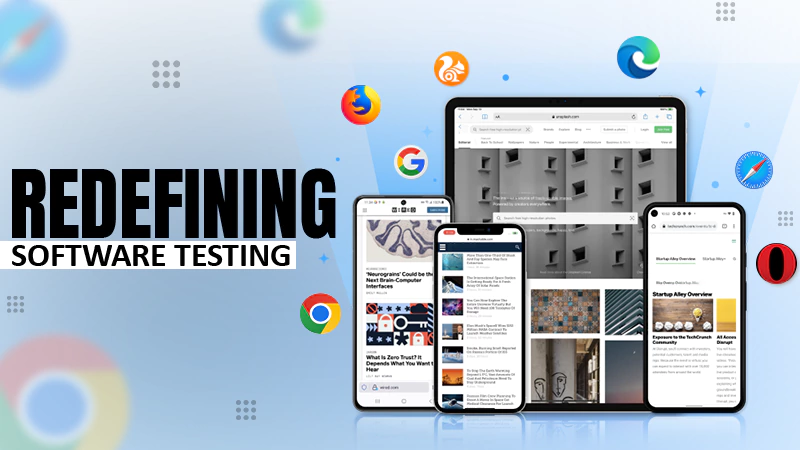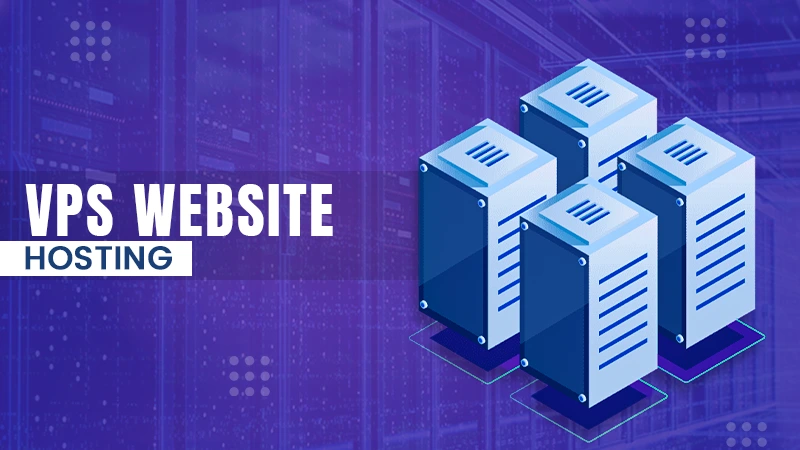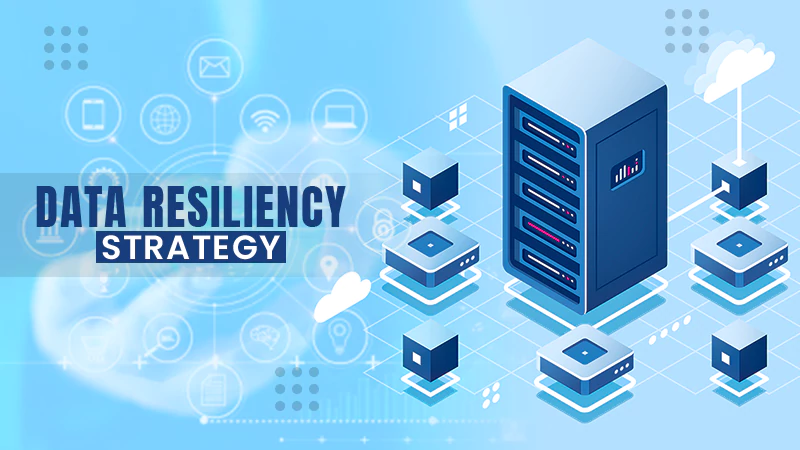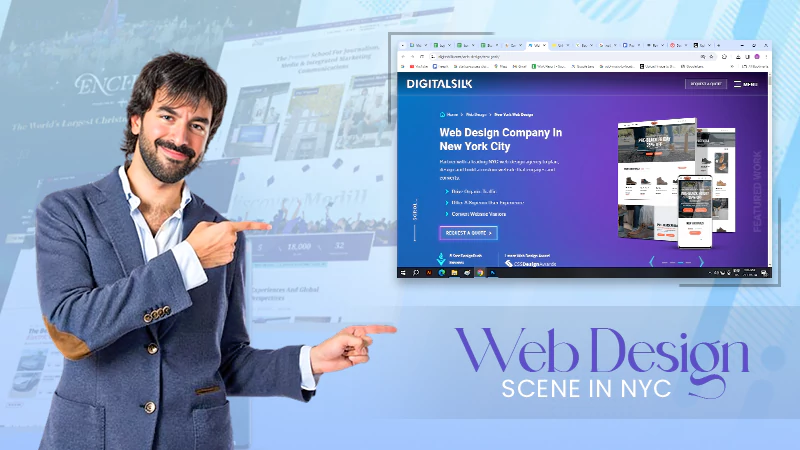
Retail operations face challenges with efficiency at different points in time. Some days might become quite relaxing, whereas on certain peak seasons or sales, the crowd goes mad. This is where custom retail software development comes under the limelight.
Especially during peak hours, managing operations becomes overwhelming. Definitely, for customers, black Fridays matter. In these kinds of situations, custom retail software solutions can be of your great help.
Diving deeper into the subject, let me tell you what opportunities you can grab to with a software solution, and how they make operations more efficient.
Why Go for Custom Retail Software Service? Introduction & Reasons
Customer retail software is a tailored-made program, designed for stores and businesses to meet their requirements. Since these programs are custom-made, organizations or individuals can implement changes based on their desires.
These software are suitable for any size or organization and can help by serving to excel at several factors:
- Smoother operations: Since everything is programmed in computer software, managing operations that require less brainstorming can get smoother. For instance, automatic checkout, faster inventory updates, etc.
- Higher accuracy: There is a limit to the efficiency of human employees, beyond which they cannot shoulder their responsibilities properly. Generally, employees may make mistakes in manual data entry or other pricing mistakes. Here, this system can be of great help. They can work accurately for a limitless period of time.
- Data management: Earlier, all the data and information were handled manually. This used to require a lot of workforce and effort. Luckily, you don’t have to worry anymore. Custom retail software can efficiently manage data with significantly fewer resources.
This is how a single software integration in your retail store can bring significant change in your daily operations. Especially for Brick-and-Mortar stores, a software solution is a necessity.
Benefits of Using Custom Retail Software
According to open source data on the internet, “87% of buyers leave the store if the product they are looking for is unavailable and there is no assistant nearby”. These are some nuanced events where it is helpful for stores. Below are some more reasons how this program can help you:
- Transparency With Real-Time Stock Management: With every unit sold or delivered to your store, you can track the incoming and outgoing flow of your stock in real time.
- Automate Recurring Processes: Unlike the traditional method when the store cashier had to check out customers by himself (pun intended), now computer systems can take responsibility. Likewise, other recurring processes in the store can be automated by software.
- Persuasive Customer Relations: Since the majority of recurring operations are now operated by computer programs, your workforce can spend more time solving customer issues. This way, your store can outperform the competition with better after-sales service.
According to a LinkedIn post in Tech Wave newsletter, “A recent Research found that 70% of companies that invested in custom software solutions experienced an average ROI of 200% within the first year of implementation”.
If you want to calculate your ROI, use this formula:
(Gain From Investment – Cost of Investment) / Cost of Investment * 100.
Are you wondering how a single program can serve these many purposes? Things are different from what you think. Different types of custom retail software list are responsible for different roles.
Types of Custom Retail Software
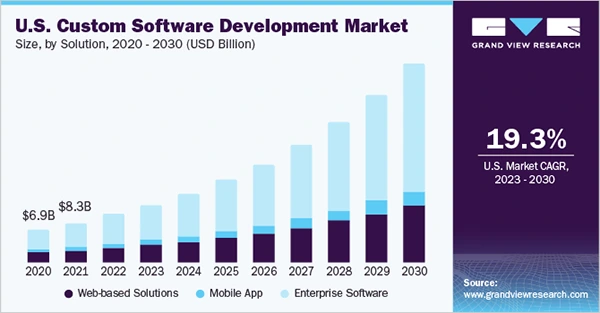
This graph by Grand View Research shows the massive growth of the U.S. custom software development market till 2030. With such a booming trend, there must be a certain extent of value that this software adds to retailers.
Coming back to the topic, here is the list of different custom retail software that serve different purposes:
- Point of Sales (PoS): This is the program that is majorly used by traditional Brick-and-Mortar physical stores. PoS are responsible for facilitating seamless transactions between customers and the store. Along with this, it can also manage inventory and stock etc.
- Inventory Management Software: Inventory Management Software is exclusively used to manage the stock in the warehouse. These software do not directly deal with customers but are responsible for tracking, managing, and organizing product sales, material purchases, and other production processes.
- Payment Processing Software: When you are making payments to some online stores or recharge your carrier service online, you are using a 3rd party service to transfer money. These services are provided by payment processing software.
- Retail ERP Systems: Enterprise Resource Planning (ERP) systems are the most suitable software for retail stores. There are various ERP systems for different needs. For instance, Microsoft Dynamics 365, and Tally ERP 9.
- e-Commerce Software: Now, retail businesses can go online as well, and manage their online stores including inventory, orders, and sales through software.
These were the 5 types of custom retail programs. You can go for either of them to automate the respective operations of your business.
Steps to Choose the Right Custom Retail Software Development Service
As a businessman, you cannot code and build a program on your own. You would require a software development service that can craft a program exclusively for you. Here are steps to choose the right service:
- Pick the right developer service from the market. Read customer reviews and testimonials.
- Plan the requirements that you desperately need. Moreover, set a budget that you can spend on the software.
- Software is generally tested for a long time. Use the program and test it over some time to point out mistakes or difficulties.
- Discuss all the maintenance and expenses with the service to prevent any future misunderstandings.
Final Words: Time to Act
Custom retail software offers you numerous opportunities that you can turn in your favor. Ultimately, these programs automate a majority of your time-consuming and recurring procedures, so that your workforce can focus on other areas such as customer relations.
You can get software for yourself according to your needs. Different types of custom retail software serve different purposes. Identify your needs, plan your budget, and get your first software.


